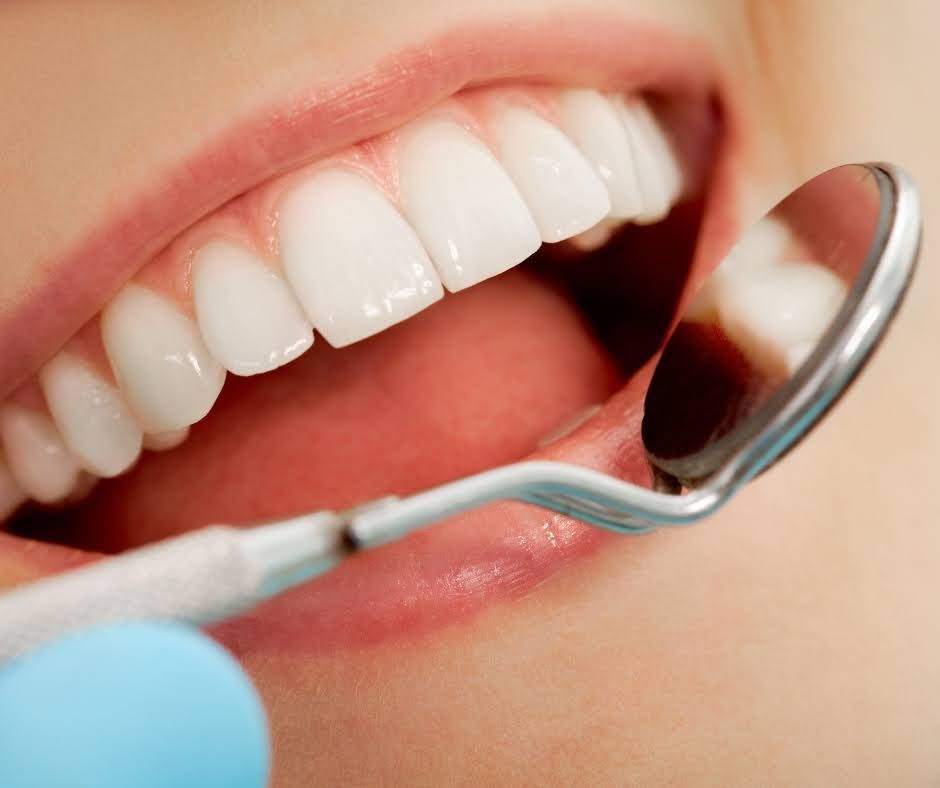4 Common Causes of Sore Gums

Sore gums can make the simple (and necessary) act of eating an agonizing chore, while also interfering with your sleep, creating emotional stress, and distracting you from important tasks. Fortunately, most cases of gum soreness stem from common, easily treated conditions or injuries.
If you suffer from sore gum tissue, you may feel a bit better once you understand why you may have this problem and what you can do to rid yourself of it. Check out these four common causes of (and solutions to) sore gums.
1. Bacterial and Fungal Irritations
If your gums appear red, puffy, or even bloody where they meet the tooth enamel, you may have a common condition called gingivitis. Bacteria attracted to tartar cause gingivitis by triggering inflammatory reactions. Gingivitis can lead to more serious gum pain and damage if you let it go untreated.
A fungal infection known as thrush can sometimes cause gum soreness. This infection, caused by the Candida fungus, usually causes white spots to form on the tongue or cheek tissue, but it can also affect the gums. Children, seniors, people with poor immune function, and denture wearers often struggle with it.
Professional dental cleaning and excellent dental hygiene at home can help you stop gingivitis in its tracks. Ask your dentist for expert tips on brushing, flossing, and the use of other preventative measures such as a prescription strength mouth rinse.
2. Abscess
Abscessed gum tissue can develop once gingivitis advances to a more severe condition known as periodontitis. At this stage, tartar and bacteria have moved from the gum line deep down into the periodontal pockets that surround the tooth. The resulting infection creates an abscess either in the gum or at the root tip.
You can often identify a periodontal abscess from the presence of a reddened, lump or bulge positioned directly over an upper tooth or directly below a lower tooth. In addition to this visual symptom and a throbbing, intense pain in the gums, you may also have an elevated temperature.
Pericoronitis bears some key similarities to gum abscesses. In this condition, a flap of gum tissue grows over an impacted or semi-erupted rear tooth (commonly a wisdom tooth). This gum tissue can cause significant pain when you bite or chew using the affected tooth. It can also trap inflammatory bacteria, promoting infections.
Since this kind of infection can spread to other parts of the body, you’ll want to schedule immediate treatment for it if possible. Your dentist can clean out the periodontal pockets, use antibiotics to kill bacteria, administer ongoing periodontal care, and extract a wisdom tooth vulnerable to pericoronitis.
3. Poorly Fitted Dental Appliances
Sometimes the very appliances designed to restore dental function and comfort can provoke discomfort instead. For example, many people experience some mild gum irritation after having a crown fitted. If this pain doesn’t go away, your dentist may need to adjust the crown’s height and shape.
Even the most deluxe, perfectly fitted dentures can create sensitive, irritated spots on the gums over time. This problem, known as stomatitis, occurs as the jawbone density changes, turning that perfect fit into an imperfect one. Your dentist can reline your dentures every few years (or as needed) to compensate.
4. Systemic Imbalances
Your whole body works as an integrated unit, meaning that your overall systemic health affects your gum health. For instance, imbalances in hormone levels due to pregnancy, menopause, or other physical changes can create painful gum symptoms resembling those of gingivitis. Medical treatment can help re-balance your hormones.
Nutritional imbalances and deficiencies can easily affect your gums. One well-known example, the disease known as survey, occurs when the body receives insufficient vitamin C, resulting in puffy, ulcerated gums and loose teeth. Make sure you receive a balanced diet, enhancing your nutrition with supplements if necessary.
Don’t let sore gums hurt your quality of life. Contact Crest Hill Family Dental to schedule an evaluation so you can receive whatever treatment you need to help your mouth get well and stay well.

